The mid-term review of the National Return to Work Strategy 2020–2030 (the Strategy) has been published.
The Strategy provides a 10-year framework to drive and leverage national action to improve return to work outcomes for workers with a work-related injury or illness.
The review examined the effectiveness of the Strategy after its first 5 years of implementation and identified key challenges and opportunities requiring more focus in its remaining 5 years.
The review found that:
- The Strategy has been effective at influencing, informing and guiding stakeholder actions to improve return to work outcomes.
- The Strategy has improved national collaboration and continues to focus efforts on opportunities for change at a national level.
- While feedback on work under the Strategy was positive, return to work outcomes themselves do not appear to be improving.
- The latest data indicated mixed results on the Strategy’s progress against strategic outcomes and towards national targets, due to limitations in the scope of the measurement framework, the impact of COVID-19 and other external factors.
- Stakeholders value the national initiatives progressed under the Strategy and support Safe Work Australia continuing to lead their development.
- The Strategy remains fit-for-purpose and stakeholders support continuing to use the Strategy to drive national efforts to improve return to work outcomes.
Stakeholders identified a range of challenges and opportunities requiring more focus, including:
- The rise and impact of work-related psychological injury claims.
- Ensuring the workers’ compensation system has the capacity and skills to meet demands.
- Providing further support to employers, workers and other key stakeholders in the return to work process.
Read the full report for more information.
